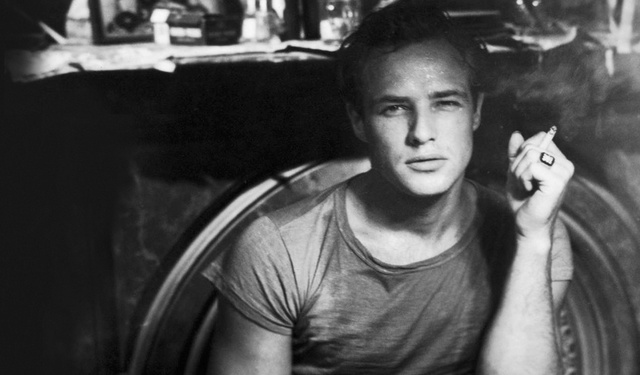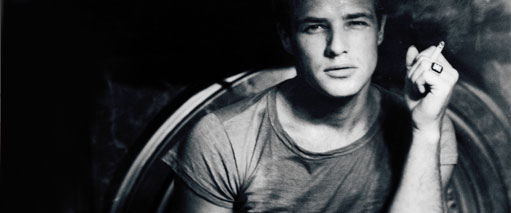Film Review: Listen To Me Marlon
Brando Talks About Brando In Mesmerizing Showbiz Documentary


Latest Article|September 3, 2020|Free
::Making Grown Men Cry Since 1992

